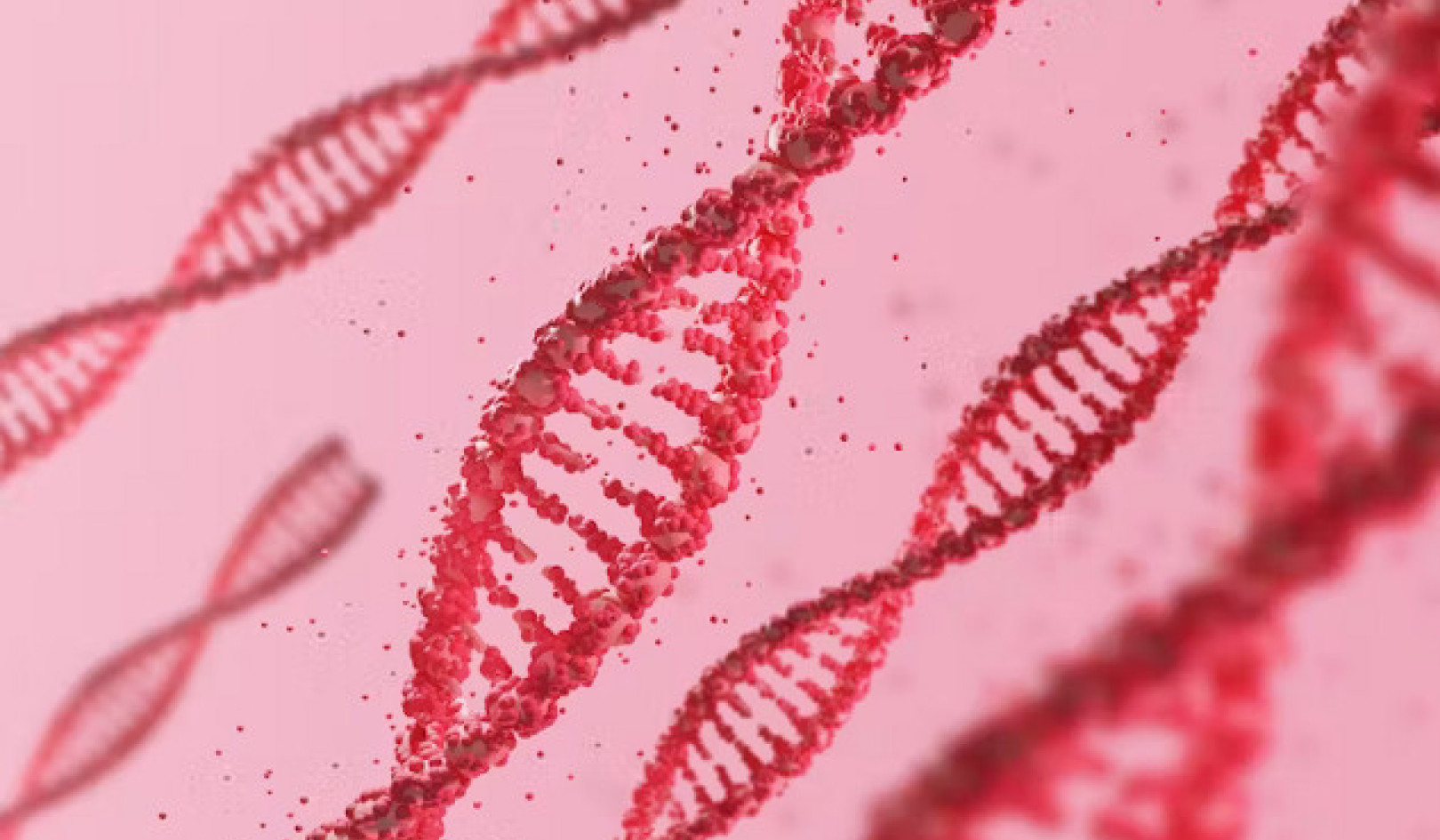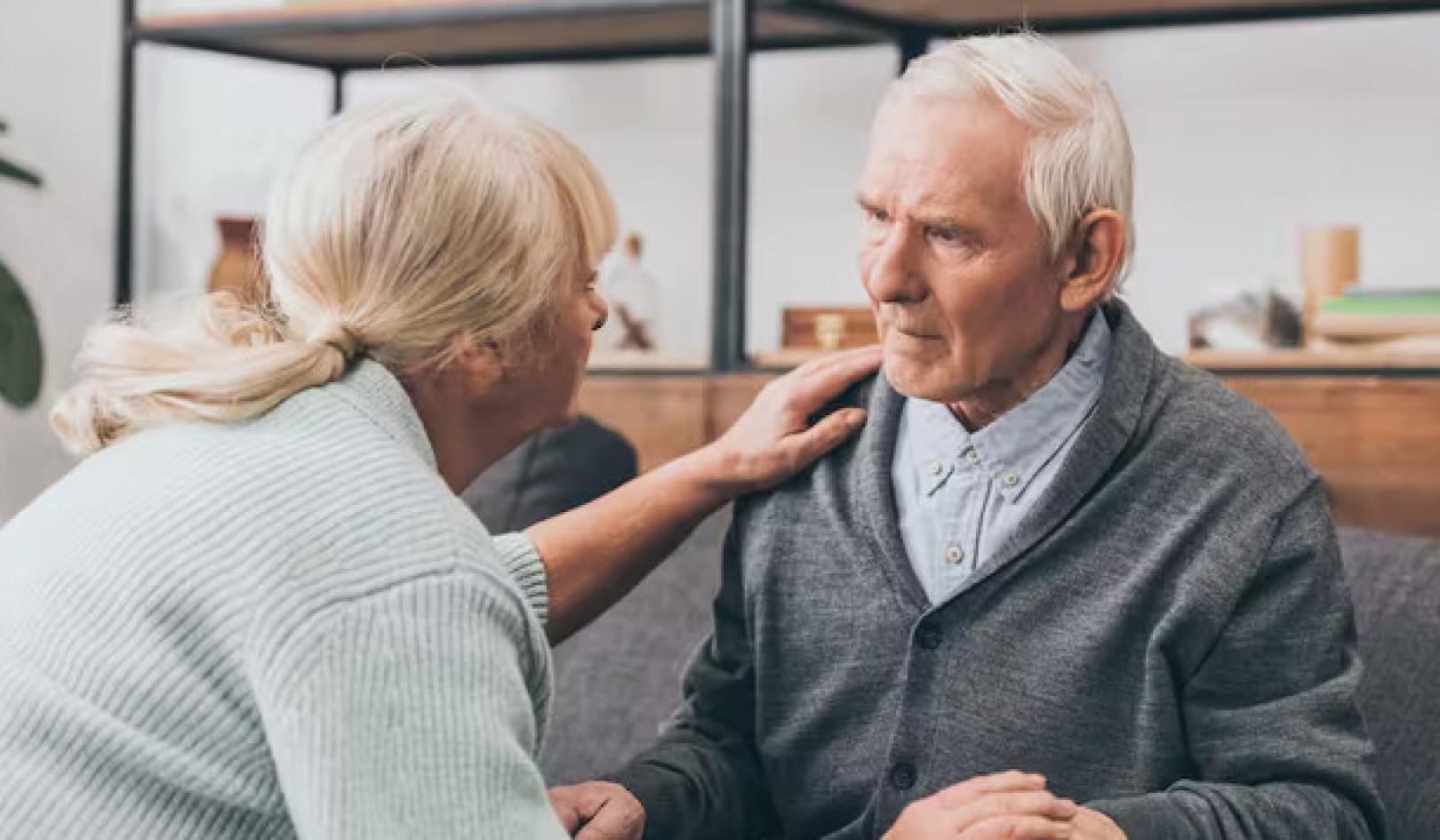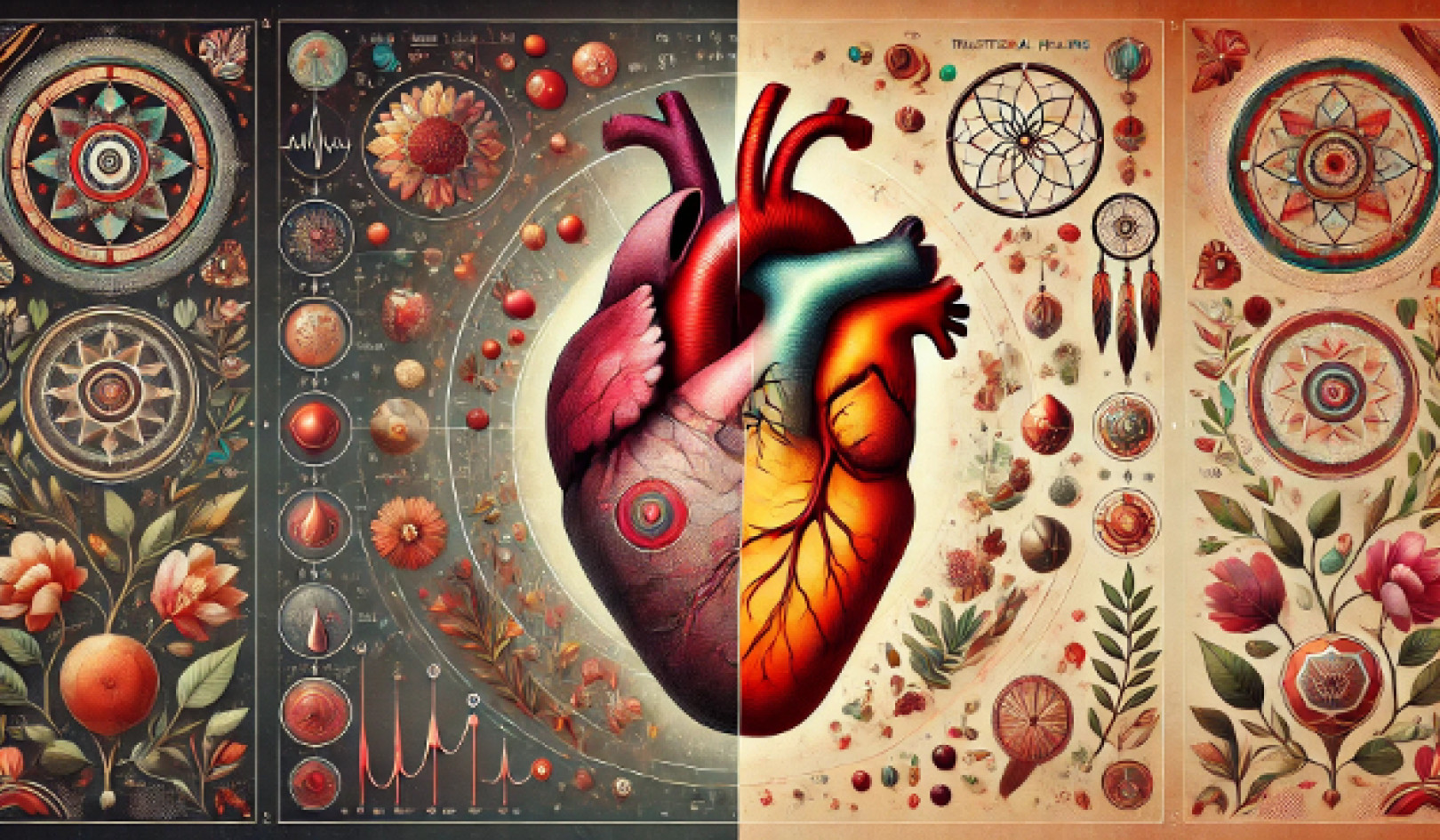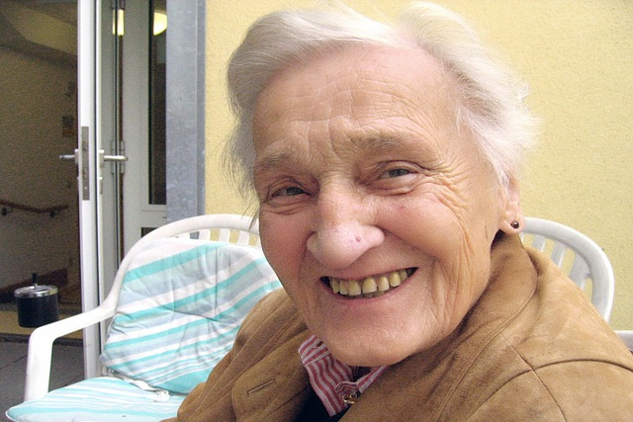
Image by Gerd Altmann
Alzheimer’s disease is mentioned in the media with increasing frequency, but it is still not considered just another disease. Despite the harshness of the diagnosis, one of the challenges we have to meet is to change the way this disease is perceived and stigmatized for all its negative aspects.
Thirty years ago, Alzheimer’s disease was not yet worrisome. Today, it is ravaging the aging populations of our modern society, but what is the most alarming is that it is beginning to afflict younger and younger people. The history of medicine is only an unremitting high-speed chase between the advent of more or less serious illnesses and the solutions that the medical profession puts together to deal with them. This research must be tireless.
The Struggle Against Aging
There are some who claim that if we subtracted the notion of illness from cognitive decline, the clinical phenomenon would not be of interest to anyone. To the contrary, it should stimulate the abandonment of an exclusively biomedical model and enlarge it with everything that the social sciences and humanities (anthropology and paleoanthropology) can contribute.
Those who assume that the fact of speaking of cognitive aging will cause people to lose interest in the subject seem to forget the symbolic position that the struggle against aging begins to take up in many people’s minds. How is it conceivable that a society that invests so much in the cosmetology of preventing the aging of skin would not do the same for aging of the brain? By explaining what is actually going on here and abandoning the fantasy of finding a pill to cure Alzheimer’s we can find our way forward.
“Before inventing the treatment, the gods invented the diagnosis!” Here is a saying that the father of modern medicine, Hippocrates, 2,500 years ago, most certainly would not have renounced. Today, this aphorism is more true than ever. This is because the possibilities of making a patient’s illness worse by a misdiagnosis are put into evidence every day. The duty to not hurt the patient through the medical treatment given is an important part of the Hippocratic oath, and doctors always feel bound to respect it.
Reliable Early Diagnosis
To pose a reliable diagnosis of Alzheimer’s today, we have a range of medical imaging procedures (like PET scans), as well as neuropsychological tests. The last parameter, and not the least, is a detailed medical history. This consists of the observation of the patient’s antecedents, which is also the basis of diagnosis, and especially to notice a providential sign— namely, problems with the sense of smell. All that needs to be done for that diagnosis is the performance of an olfactory test.
With these techniques at our avail, today it is possible to reach a diagnosis of Alzheimer’s at very early stages of the disease—which is to say, even before the patient shows any signs of impairment of their cognitive abilities. There is also the fact that over the millennia, the enzymatic inhibition created by the advent of a cooked food diet caused the degeneration and gradual involution of the olfactory system, which in turn caused an inhibition of the physiological functions of the sense of smell. This is why the emergence of Alzheimer’s disease is the price we pay for compelling our bodies to adjust to an environment that has been profoundly transformed and for which the olfactory and limbic systems are not genetically programmed.
Back to a Natural Lifestyle
Here’s something worth noting: In my approach to treating Alzheimer’s, all chemical remedies are relegated to the sidelines. The essential therapeutic strategy can be summed up as emphasizing raw food and essential oils.
Our hunter-gatherer ancestors were robust and thin. They did not experience chronic illnesses like diabetes, cardiovascular diseases, cancers, Alzheimer’s, and autoimmune diseases. And contrary to popular opinion, they did not all die at the age of twenty!
“In these cultures, living past seventy was normal, and it was no rare thing to run across octogenarians,” says Dr. Michael Nehls in Guérir Alzheimer [Healing Alzheimer’s].
In the past, arguments have been made that humans could not develop genetic protection against Alzheimer’s because the average life expectancy of our ancestors was only about thirty years. These arguments have been shown to be groundless.
Longevity: Solving the Alzheimer's Puzzle
Our longevity is not connected to a highly technological lifestyle; it is the consequence of a process of natural selection that goes back to the dawn of time and guarantees us good intellectual fitness into an advanced age. In other words, this process protects us from the deterioration of our intellectual capacities.
Right away we have here an essential piece of information for solving the Alzheimer’s puzzle: our genome cannot be held responsible for this disease. And if that is the case, wouldn’t it be more logical to search for its causes in our modern lifestyle, as it is the sole parameter that has changed in so short a time? The sole factor for which we can blame our genome is that because of its historic programming, it is not equipped to compensate for and manage the consequences of modern life. As Dr. Nehls says:
"Numerous studies today have recently corroborated this hypothesis. They indicate that when we alter one or another of the elements of our traditional lifestyle, some of the processes that are then initiated in our brain increase the risk of Alzheimer’s. It is not genetic destiny as much as it is cultural changes that are the engine of this disease. And therefore it is no coincidence that Alzheimer’s starts in precisely that part of the brain that allows us to acquire our cultural skills."
What was the secret of our hunter-gatherer ancestors? A healthy lifestyle, which was the lot of humanity for more than two million years. Even today, the paleo lifestyle is the only lifestyle for which we are adapted.
The remedy is not everything; nature is the best remedy. “Vis medicatrix naturae,” said Samuel Hahnemann, echoing the philosopher Hippocrates twenty-three centuries earlier (400 BCE): “Let your food be your medicine.” Medicine could write new pages of its history, pages of authenticity, acknowledging that the functioning of all living beings is clearly holistic and comprehensive.
For several years, professors of medicine have been studying the sense of smell and neurodegenerative disorders in neurology departments and neuroscience labs. Dissertations are now being written on this theme. Essential oil applications are being used in hospitals, nursing homes, and memory care units around the world. Spectacular results have been recorded in thousands of Alzheimer’s cases.
What more needs to be said?
Developing a Systematic Understanding of the Facts
All too often, the doctors and neurologists in charge of treatment refuse to let their patients follow a plan based on the causes of the disease despite the proofs that support its implementation. Here again, the system and the doctrine it spreads are at work, not to mention the pressure applied by pharmaceutical lobbies at risk of losing business.
Currently, thousands of patients are being treated successfully by natural treatments like those described in this book, so all competent and courageous therapists should be sufficiently receptive, in their patients’ best interest, to at least take a look at this innovative and effective approach.
This form of treatment against Alzheimer’s should not be separated from conventional medicine. We can describe this as a holistic or complementary approach, but that amounts to marginalizing the treatment—and from a scientific point of view, this approach should not be considered marginal. Doctors educated in conventional schools should not unthinkingly push aside a therapeutic concept that eliminates, in a targeted and systematic fashion, the causes of a disease.
It is true nevertheless that all too often medical interventions can still be unfortunately summed up as a medical treatment of the symptoms as desired by the system upon which our contemporary societies and allopathic medicine are founded. For the medical establishment and for the purpose of taking stock, it is therefore essential to break with established thought and develop a systematic understanding of the facts: the causes of civilization’s diseases are generally to be found in our lifestyle, and only by changing our habits can we find true healing.
Copyright 2022. All Rights Reserved.
Adapted with permission of the publisher,
Healing Arts Press, an imprint of Inner Traditions Intl.
Article Source:
BOOK: Alzheimer's, Aromatherapy, and the Sense of Smell
Alzheimer's, Aromatherapy, and the Sense of Smell: Essential Oils to Prevent Cognitive Loss and Restore Memory
by Jean-Pierre Willem.
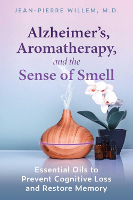 Offering a hands-on and medication-free way to help those suffering from Alzheimer’s, this guide provides a way for Alzheimer’s patients and their families to recover the joy of living again.
Offering a hands-on and medication-free way to help those suffering from Alzheimer’s, this guide provides a way for Alzheimer’s patients and their families to recover the joy of living again.
Citing years of clinical evidence, Jean-Pierre Willem, M.D., shows how Alzheimer’s is critically bound with the sense of smell. Sharing the striking results seen in French hospitals and senior living homes where aromatherapy has been used as a therapy for Alzheimer’s for more than 10 years, Dr. Willem details how to use essential oils to stimulate memory, prevent cognitive loss, and counter the isolation, withdrawal, and depression these patients are likely to feel.
For more info and/or to order this book, click here. Also available as a Kindle edition.
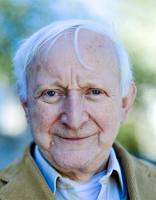 About the Author
About the Author
Jean-Pierre Willem, M.D., is the founder of the French Barefoot Doctors movement, which brings traditional healing techniques back into clinical settings. The author of several books in French on natural healing for degenerative diseases, he lives in France.
Books by this Author (many in their original French language).





















